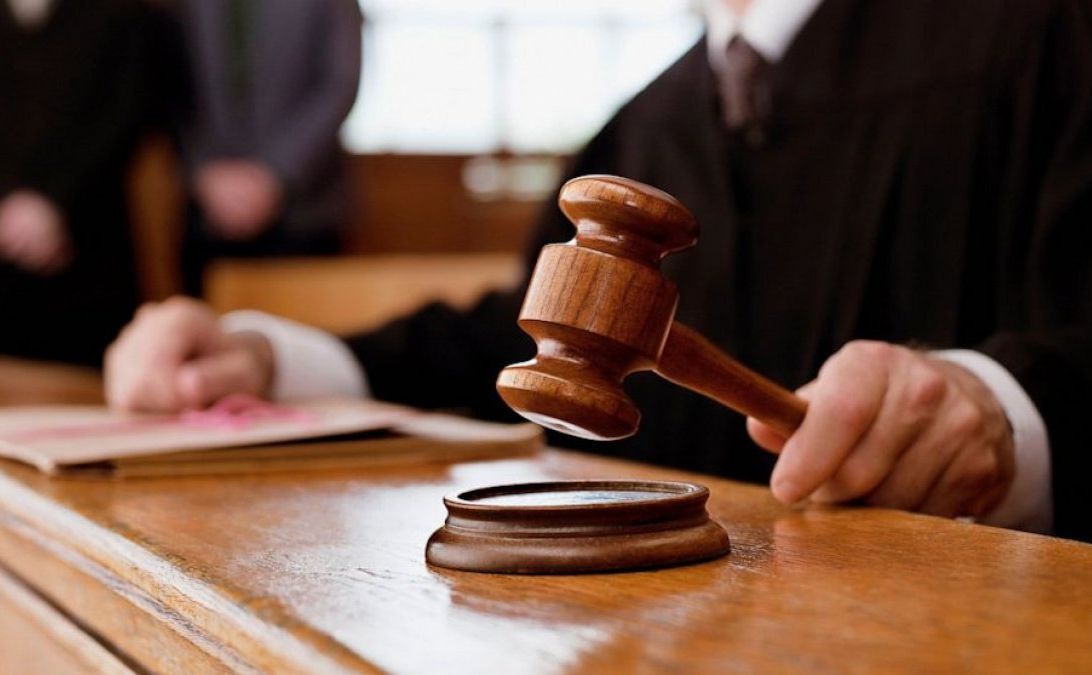Lawyer
The martial law introduced in Ukraine in connection with the large-scale armed aggression of the Russian Federation affected the functioning of many state institutions, including the justice system. Ensuring proper justice and execution of court decisions in extreme wartime conditions became a challenge for the state. In this article, we will consider the legal mechanisms that regulate the activities of the judicial branch of government during wartime.
Legal basis
The Law of Ukraine "On the Legal Regime of Martial Law" is the main normative legal act that regulates the activity of courts during the wartime period. According to this law, judicial proceedings are carried out taking into account the peculiarities established by the legislation on martial law.
In addition, the norms of the Criminal Procedural Code of Ukraine, the Civil Procedural Code of Ukraine, the Code of Administrative Procedure of Ukraine and other laws regulating judicial procedures apply.
Consultation of a lawyer / lawyer's consultation
Due to the complexity of the legal regulation of judicial proceedings during martial law, it is recommended to consult a qualified lawyer. The specialist will be able to conduct an analysis of documents related to a specific case, provide a legal opinion on the possibility and procedure of its consideration in court.
The lawyer's legal opinion can become the basis for further actions, in particular:
- Addressing the court with a statement of claim or other procedural documents;
- Challenging illegal actions or inaction of officials, institutions and organizations that violate the right to judicial protection;
- Petition to renew the procedural terms or change the jurisdiction of the case;
- Initiation of executive proceedings for enforcement of a court decision.
Peculiarities of judicial proceedings during martial law
In accordance with the requirements of the law, courts of general jurisdiction continue to administer justice during martial law, but with certain features:
- Possible restriction of the right to appeal and cassation of court decisions;
- The terms of consideration of cases may be shortened or extended;
- It is allowed to change the jurisdiction of cases if it is impossible to consider them in a certain area;
- Meetings can be held in video conference mode.
Execution of court decisions
The issue of execution of court decisions during martial law also has its own peculiarities. In particular, restrictions may be imposed on the enforcement of certain types of property or enforcement proceedings may be temporarily suspended.
However, the state is obliged to ensure the enforcement of court decisions made before the introduction of martial law, as well as those related to the protection of human and citizen rights and freedoms.
Conclusions
Ensuring proper judicial proceedings and execution of court decisions in wartime is one of the key tasks for maintaining the rule of law and protecting the rights and freedoms of citizens. Consultation of a lawyer, analysis of documents and obtaining a legal opinion of a lawyer can be a guarantee of effective defense of one's interests in court or during executive proceedings.
Despite the limitations imposed by martial law, the state must make every effort to ensure citizens' access to justice and guarantee the execution of court decisions even in extreme conditions of war.





























